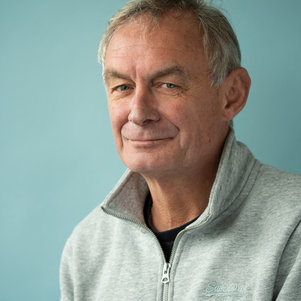ToDrinQ for better quality drinking water in Europe
Climate change and increased pollution from among others pesticides, pharmaceuticals and heavy metals, present drinking water operators with an increasing challenge to monitor and ensure the quality of our drinking water. Due to the increased risk and complexity of pollution, the EU has recently revised the drinking water directives and sharpened the risk assessment. As a result, drinking water operators face the challenge of collecting more information on drinking water quality in order to take timely action. In particular, real-time data on compounds and organisms of emerging concern such as pesticides, pharmaceuticals, disinfection by-products, heavy metals and micro-organisms are often not available.
The international consortium ToDrinQ led by Professor Luuk Rietveld, has been awarded an EU Horizon grant of about EUR 4 million to investigate this further. ToDrinQ focuses on developing new technologies for real-time detection and monitoring of water quality and testing innovative treatment systems especially suitable for small-scale treatment plants that can be easily adapted. The ultimate goal is to develop a ToDrinQ toolkit that will allow water operators to have more real-time information on water quality and take faster action to adapt water treatment systems. ToDrinQ comprises a consortium of several leading universities and research institutes, including KWR, and small and medium-sized high-tech companies in collaboration with five proactive water companies in the Netherlands, Greece, France, Switzerland and the Czech Republic.

